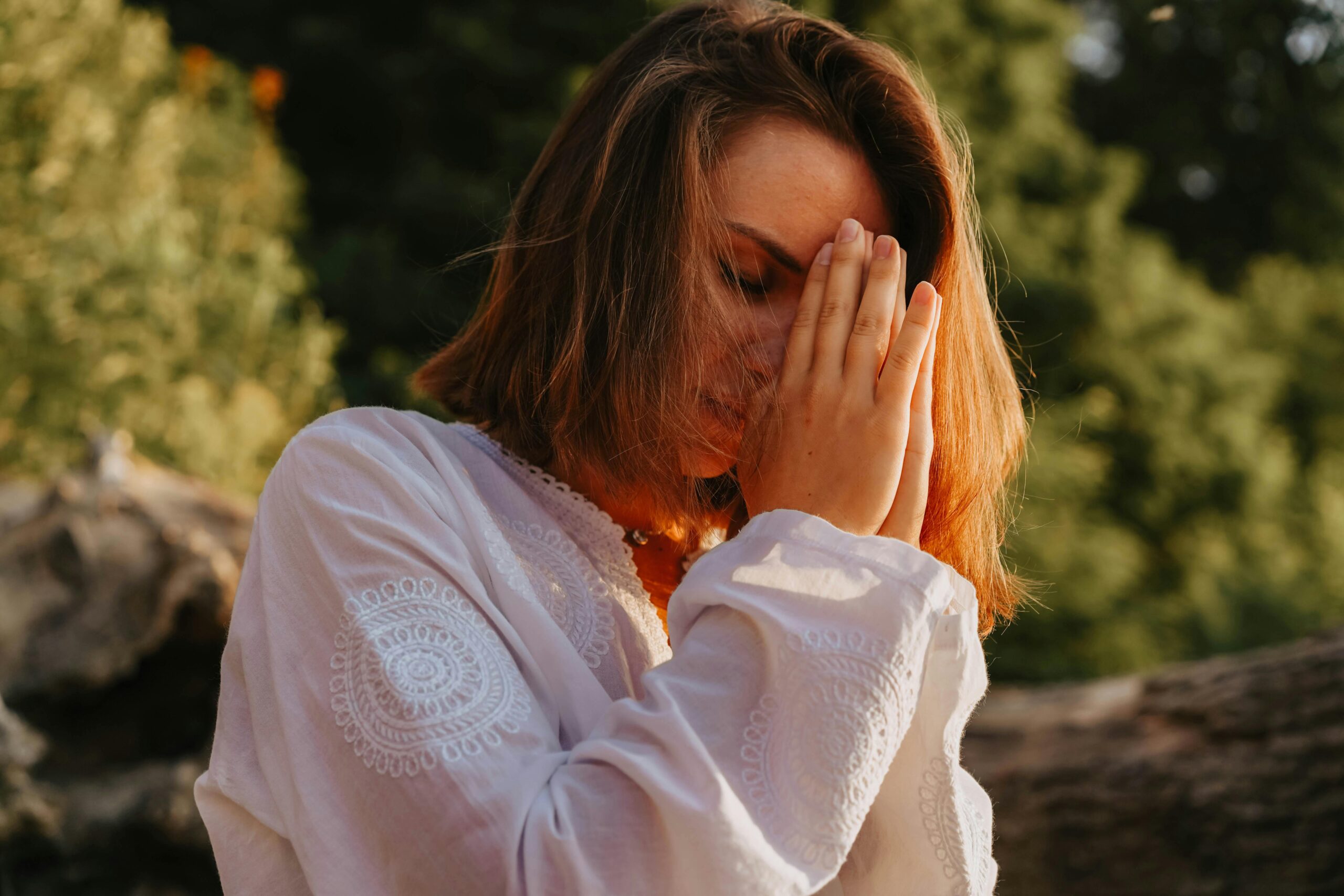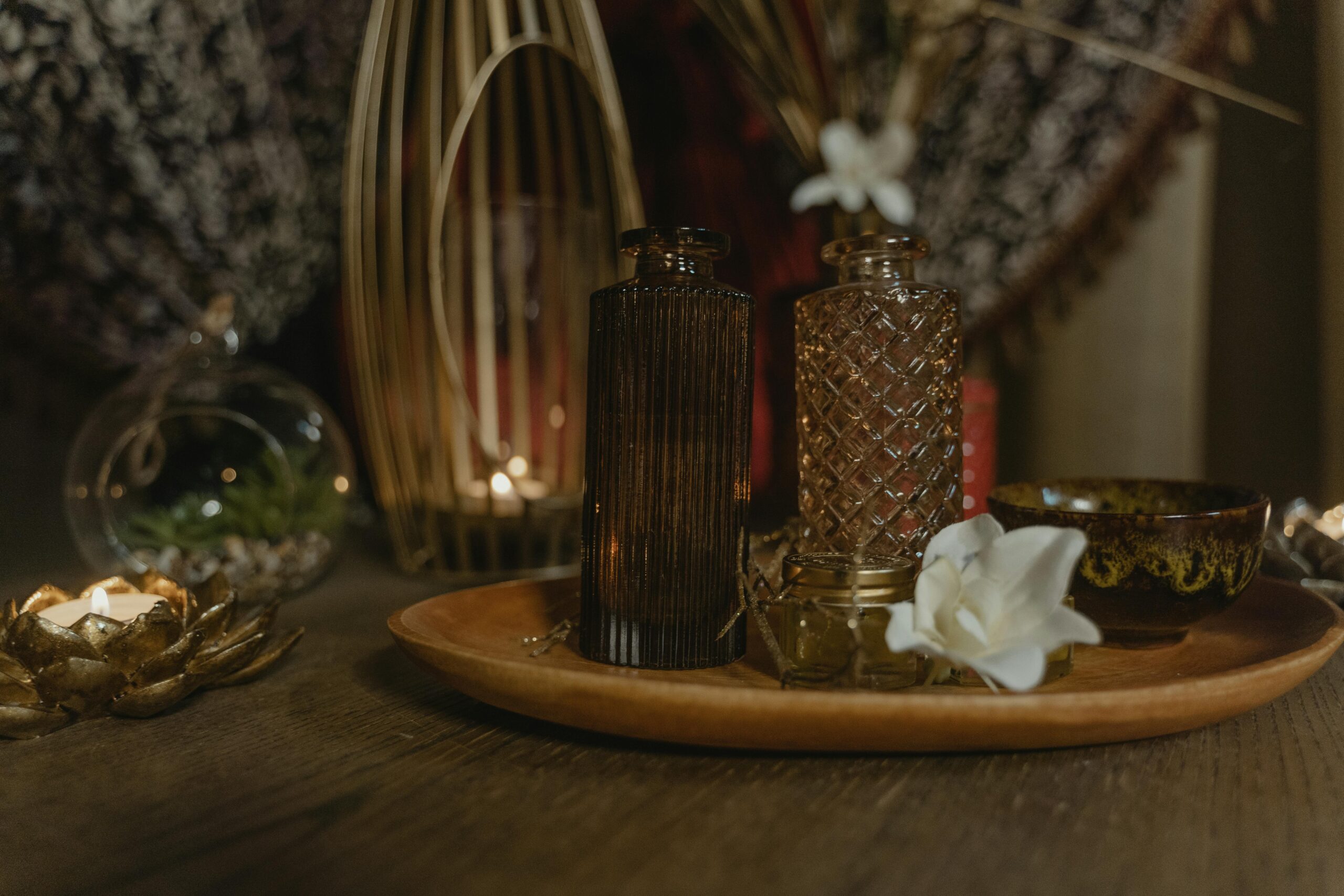Set Boundaries After Gambling Recovery: Protect Your Peace
When you step into life after gambling addiction, you quickly learn that recovery isn’t only about avoiding the next bet—it’s about protecting your mental and emotional space. One of the most powerful tools in that process is learning how to set boundaries after gambling recovery. Boundaries safeguard your peace, rebuild relationships, and keep your progress steady, especially in moments when old habits or pressures try to resurface.
Note: Please note that some links in this article are affiliate links. If you choose to use them, we may earn a commission with no added cost to you. We are committed to recommending resources that uphold the values of safety, honesty, and long-term recovery.
Why Boundaries Matter in Recovery
Gambling doesn’t happen in isolation. It often lives in patterns—certain places, people, conversations, or emotions can act as triggers. Without boundaries, it’s easy to slip back into environments or relationships that put your healing at risk. Boundaries are not walls; they’re lines of care. They help you decide what is safe for you right now, and what needs to wait until you’re stronger. In recovery, boundaries are a way of saying: “My healing comes first.”
Setting Boundaries with Yourself
Many of the first boundaries in gambling recovery begin internally. It may look like limiting your access to money or accounts so you can avoid impulsive decisions. It might mean giving yourself a curfew from social media or staying away from sports betting conversations that feel too tempting. Internal boundaries are about creating structure so your future self doesn’t have to wrestle with unnecessary risk. These choices can feel restrictive at first, but in reality, they are a form of freedom—the freedom to heal without constant pressure.
Setting Boundaries with Loved Ones
Rebuilding trust after gambling addiction can be complicated. Loved ones may want to support you but may not always know how. Healthy boundaries give clarity. For example, you might ask a partner not to bring up your past losses during arguments, or you may request that a friend avoids inviting you to casinos or poker nights. On the other side, your loved ones may ask for accountability from you—such as regular check-ins about finances. Boundaries in relationships go both ways, and when respected, they rebuild trust on stronger, healthier ground.
Make progress you can actually stick to
GoalsWon Accountability Coaching helps you build healthy routines — from managing urges to rebuilding finances — with real-time guidance from a dedicated coach.
Setting Boundaries with Environments
Places hold memories and energy. Walking into a casino, logging into an old gambling app, or even being in certain bars can reopen the door to relapse. A crucial part of recovery is setting boundaries with environments that feel unsafe. This doesn’t mean you’ll avoid every risk forever, but it does mean being honest about what’s helpful and what’s harmful in the present stage of healing. Sometimes the bravest boundary you can set is simply saying, “I can’t be there right now.”
Communicating Your Boundaries
It’s one thing to know your boundaries, but another to share them. Many people fear that setting boundaries will push others away. In reality, healthy people respect limits. You can communicate boundaries gently but firmly: “I’m not ready to go to that event,” or “I need to limit how we talk about money for my peace of mind.” Recovery isn’t about pleasing everyone—it’s about staying aligned with the life you’re building. Clear communication keeps misunderstandings low and support high.
Boundaries Are Ongoing
Boundaries aren’t one-time decisions; they shift as your recovery grows. What feels unsafe today may feel manageable a year from now. Or you may find new situations that require you to protect yourself in fresh ways. The point is not perfection—it’s consistency. Each time you honor your boundaries, you strengthen your recovery and reinforce the truth that your healing matters.
A Closing Word
Learning to set boundaries after gambling recovery is one of the most loving choices you can make for yourself. It is not about shutting people out or avoiding life—it is about protecting your peace so you can live more fully in it. Boundaries give you the courage to move forward without fear of being pulled back into old cycles. And most importantly, they remind you that your recovery deserves respect—both from yourself and from those around you.
Tools to Help You Heal — Inside & Out
From therapy and budgeting apps to mindfulness and reading guides, our Recovery Tools & Resources page is your companion for rebuilding emotionally, financially, and mentally.
Continue Your Recovery Journey
- Scripts for Handling Gambling Urges in Real Time
- Family Gambling Recovery and Rebuilding Trust Together
- How to Cope with Gambling Urges in Daily Life
- Rebuild Trust after Gambling and Heal Emotional Wounds
- Protecting Recovery during the Holidays
Have your own experience to share? Submit your story here and inspire others on their recovery journey.




